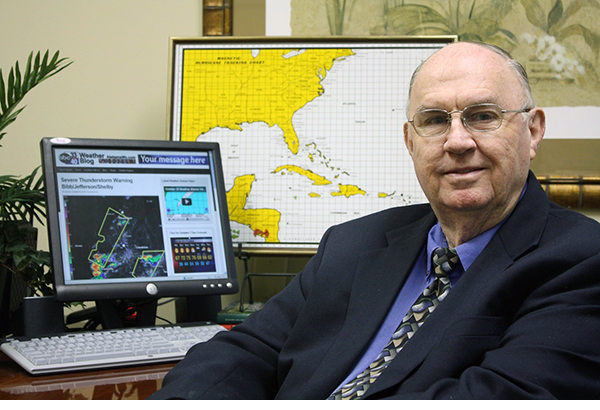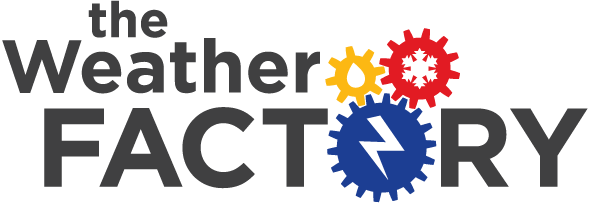How 5G Network Could Be Problematic For Weather Forecasting
Recently there has been talk about the Federal Communications Commission “FCC” and wireless phone companies releasing a new 5G network to improve internet speeds and reduce lag time. News outlets and media companies such as The Washington Post, CBS, Wired, The Independent, and several others have reported that the head of National Oceanic and Atmospheric Administration “NOAA”, Neil Jacobs has told Congress that 5G interference with weather forecasting technology could set back forecasting accuracy 40 years. How exactly can this new 5G network interfere with weather forecasting technology?
The Washington Post wrote that Jordan Gerth wrote an email explaining how NOAA satellites use microwave sensors at a frequency of 23.8 gigahertz to transmit water vapor data. The FCC began selling access to the spectrum that runs 24 gigahertz band, the same part of the spectrum that is used to forecast water vapor. The 5G network is supposed to run at 24 gigahertz which may interfere with NOAA’s satellite microwave sensors because the frequencies are very close in value.
When Neil Jacobs met with Congress on May 16th, he explained that without water vapor data, meteorologists wouldn’t have been able to predict Superstorm Sandy hitting the Northeast coast in 2012 days in advance, according to The Washington Post. This emphasizes the potentially disastrous effects 5G interference will have on NOAA satellite microwave sensors should forecasting be interrupted.
CBS had their weather forecaster, David Parkinson, come on air and explain how 5G can interfere with weather forecasting. He explains that with these frequencies being so close to one another, they can cross signals. This can cause missing weather data. He says that there is concern should the FCC upgrade the 5G network to 24.55 gigahertz as forecasting for even temperatures may be negatively impacted.
?
Currently, the main concern for weather forecasting is that the upgrade to a 5G network will interfere with water vapor data that helps to forecast for strong hurricanes, humidity, and severe storms. Without this data, it will be more difficult to forecast these weather phenomenon, which can be dangerous.
(Credit: The Washington Post, NOAA, and CBS News)
©2019 Weather Forecaster Brittany Connelly
AlabamaWX is pleased to partner with the Global Weather and Climate Center team for outstanding posts about our atmosphere. Visit them at https://www.globalweatherclimatecenter.com for more great information!
Category: Partner News Stories
















